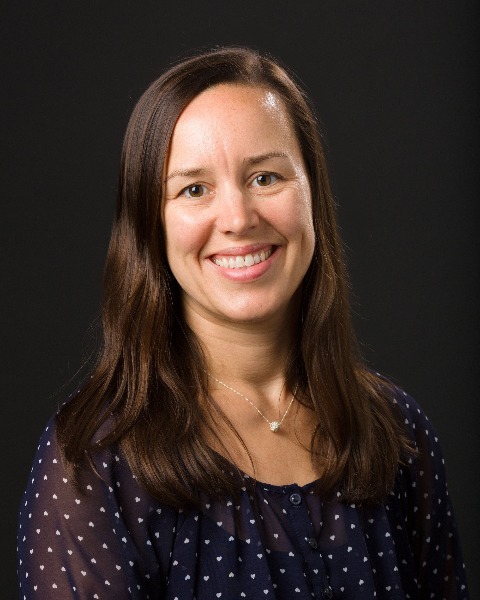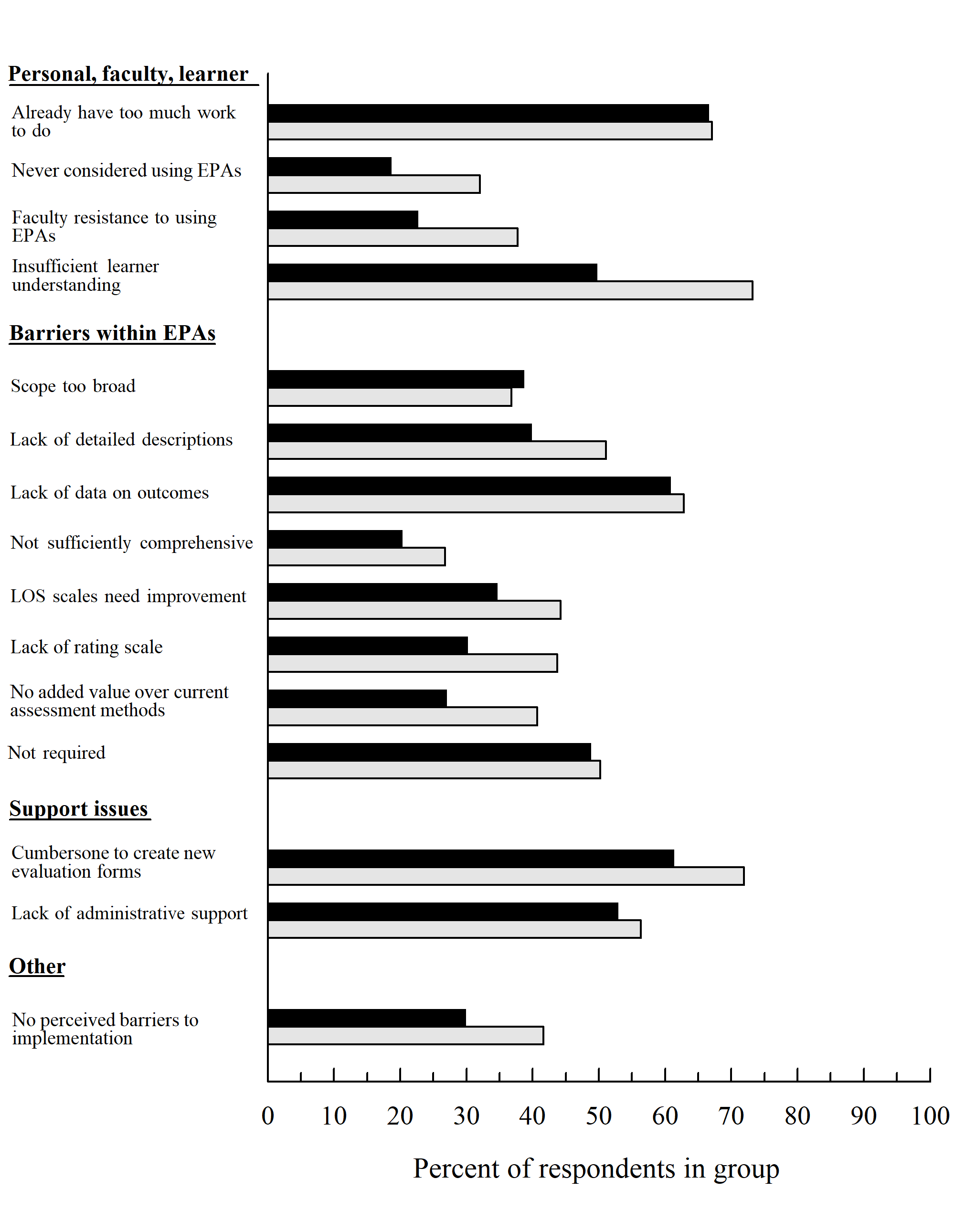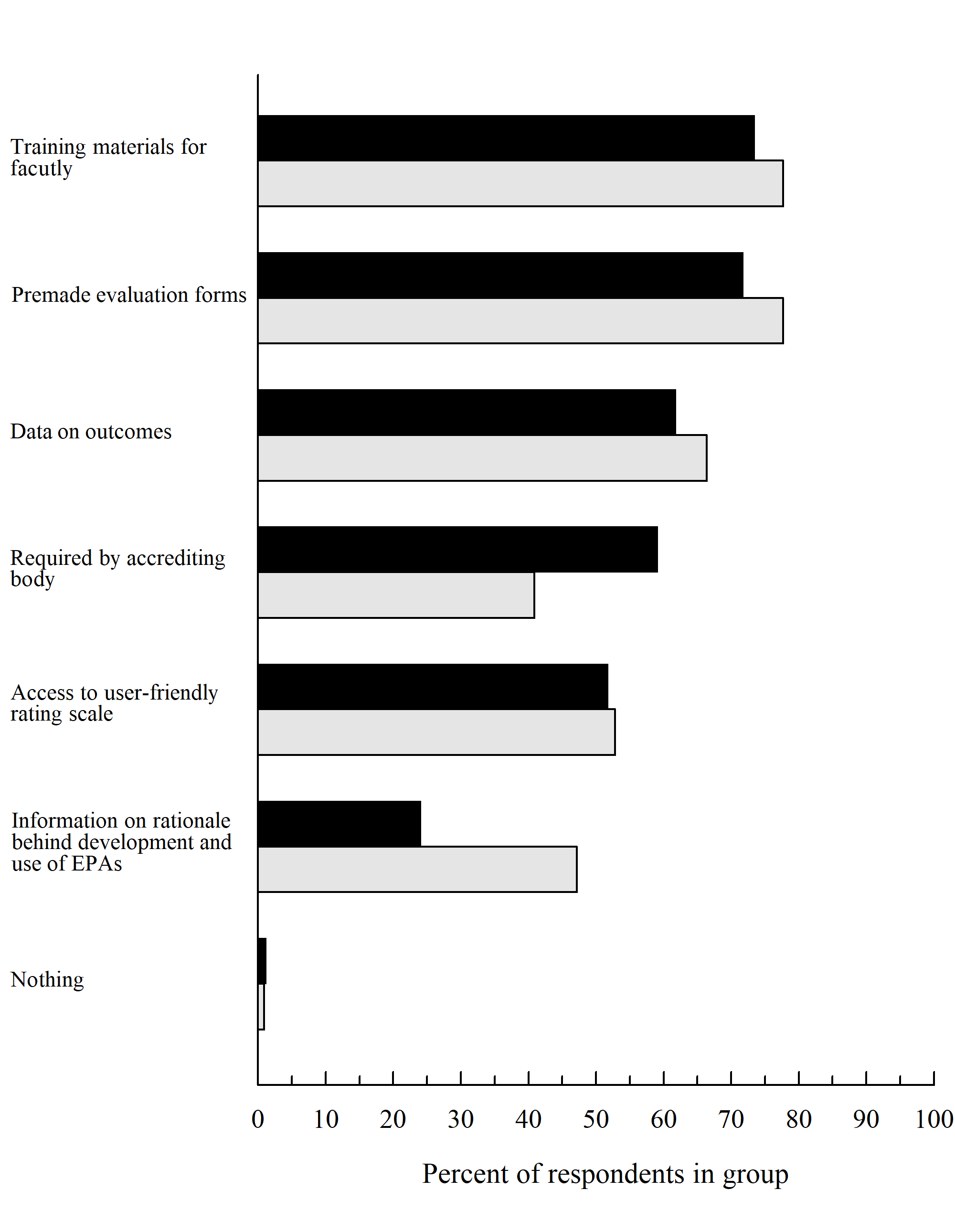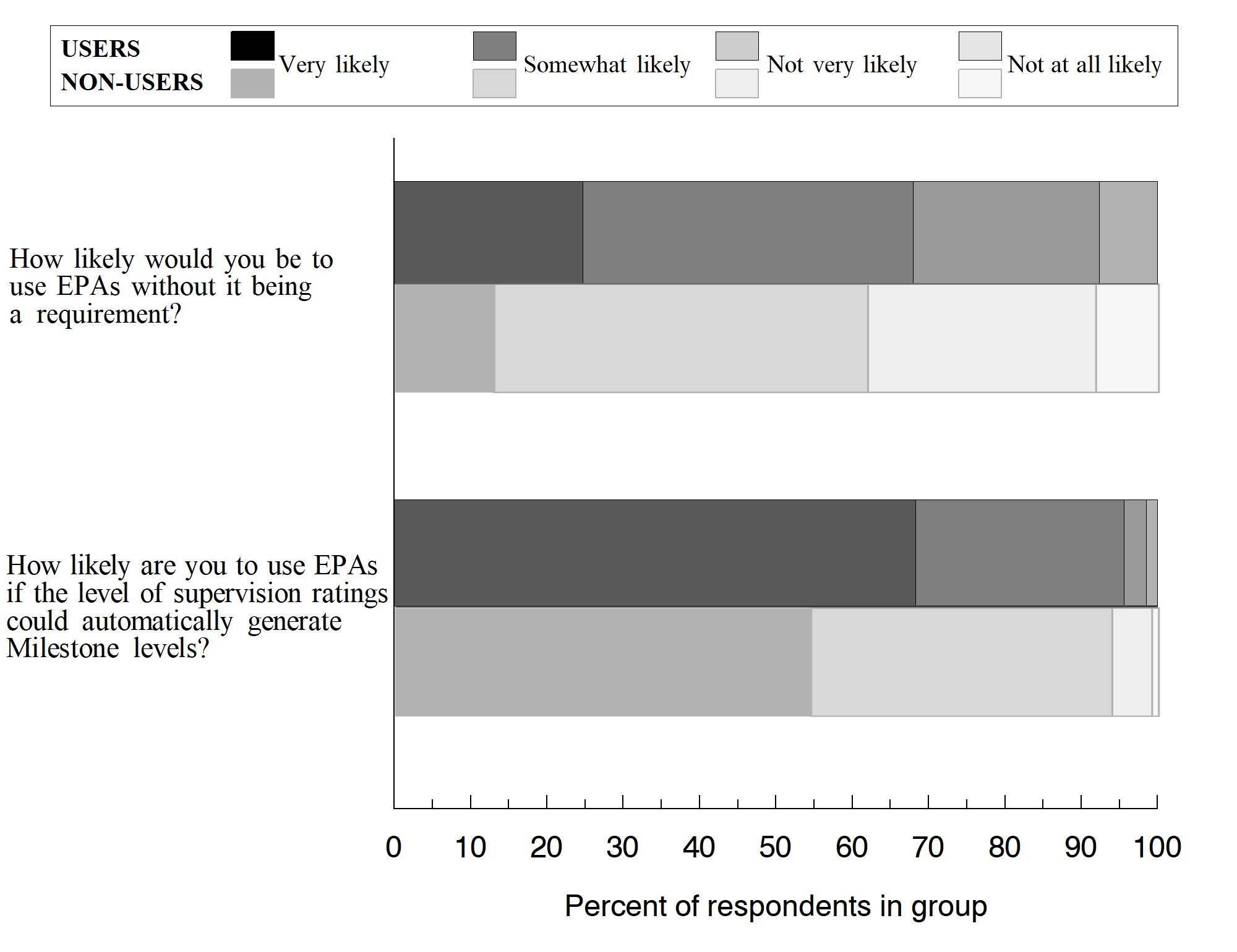Medical Education: Fellow
Medical Education 3: Fellow 1
483 - Barriers and Facilitators to Using Entrustable Professional Activities in Pediatric Fellowships
Publication Number: 483.124

Melissa L. Langhan, MD, MHS (she/her/hers)
Associate Professor of Pediatrics and Emergency Medicine
Yale university
New Haven, Connecticut, United States
Presenting Author(s)
Background:
The American Board of Pediatrics recently indicated that by 2028, Entrustable Professional Activities (EPAs) will be used to determine eligibility for initial certification. Currently, less than half of pediatric fellowships report using EPAs. Thus, the majority of fellowship programs will need to adopt EPAs as an additional form of assessment in the near future.
Objective:
Our objective was to identify potential facilitators and barriers for fellowship program directors to implement EPAs in their program to assess pediatric fellows.
Design/Methods:
Through APPD SPIN, we conducted a survey of fellowship program directors across the 15 pediatric subspecialties asking them whether they were currently using EPAs to assess their fellows and to self-rate their understanding of EPAs. EPA USERS were asked what barriers they encountered as EPAs were implemented while EPA NON-USERS were asked what factors would deter them from using EPAs. Both groups were asked what would help facilitate EPA implementation. The survey was conducted between August 2021 and May 2022.
Results:
The response rate was 65% (575/883) with over 50% of fellowship program directors participating in each subspecialty. Of these, 344 (58.8%) were EPA USERS and 231 (40.2%) EPA were NON-USERS. The groups were similar in their understanding of EPAs (p=0.24) with the vast majority in both groups having at least a basic understanding. Forty-one NON-USERS (18%) reported less familiarity with the EPA level of supervision scales. While both groups indicated that work burden was a barrier, EPA NON-USERS reported barriers more often compared with USERS (Fig. 1). Both groups identified training materials and premade assessment forms, as well as automatic generation of milestones levels for EPA ratings, as important facilitators for implementation (Figs 2 & 3).
Conclusion(s):
Moving towards EPA-based assessment models will require a significant investment by fellowship program directors, who will rely on guidance and easily accessible resources to implement this additional trainee assessment. Barriers will need to be addressed including education about EPAs and their value in assessment and time constraints on fellowship program directors. While the announcement by the American Board of Pediatrics will promote EPA use, implementation can be enhanced by creating and disseminating training materials and developing prefabricated assessment tools.


